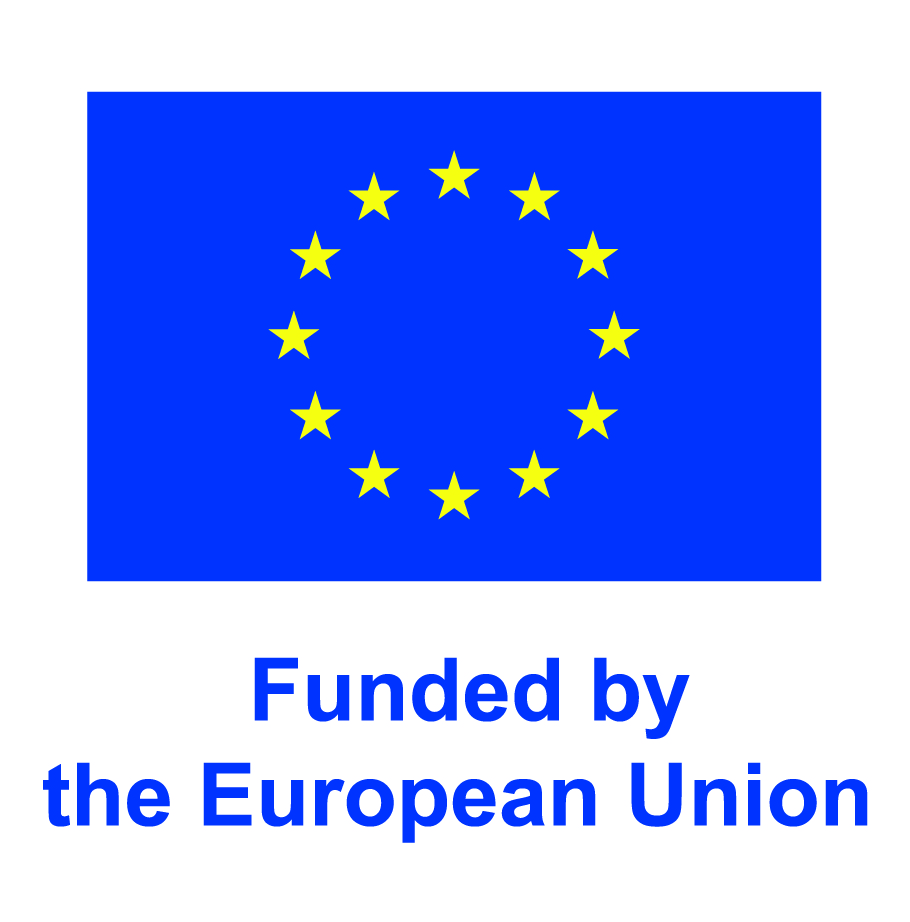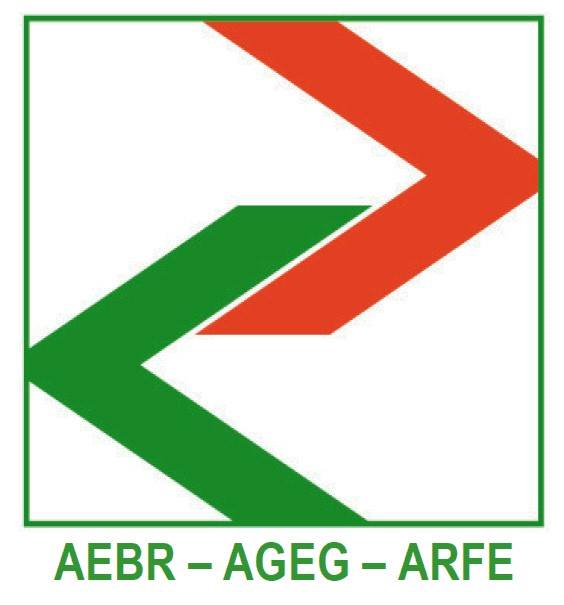In a fragmented world, dialogue is not just a method, but a necessity.
Now more than ever, the tourism sector faces a variety of challenges, such as overtourism, seasonal instability, issues related to climate change, and crises like Covid-19, affecting millions of people’s lives every day. In the past, these challenges received little to no attention. Discussions about tourism tended to focus only on growth and expansion, ignoring the problems beneath the surface. Without open and structured conversations between institutions, communities, and individuals, these problems went unaddressed for a long period of time. Thus, the need for renewed EU cooperation became apparent, leading to the creation of the Interreg Euro-MED project Dialogue4Tourism.
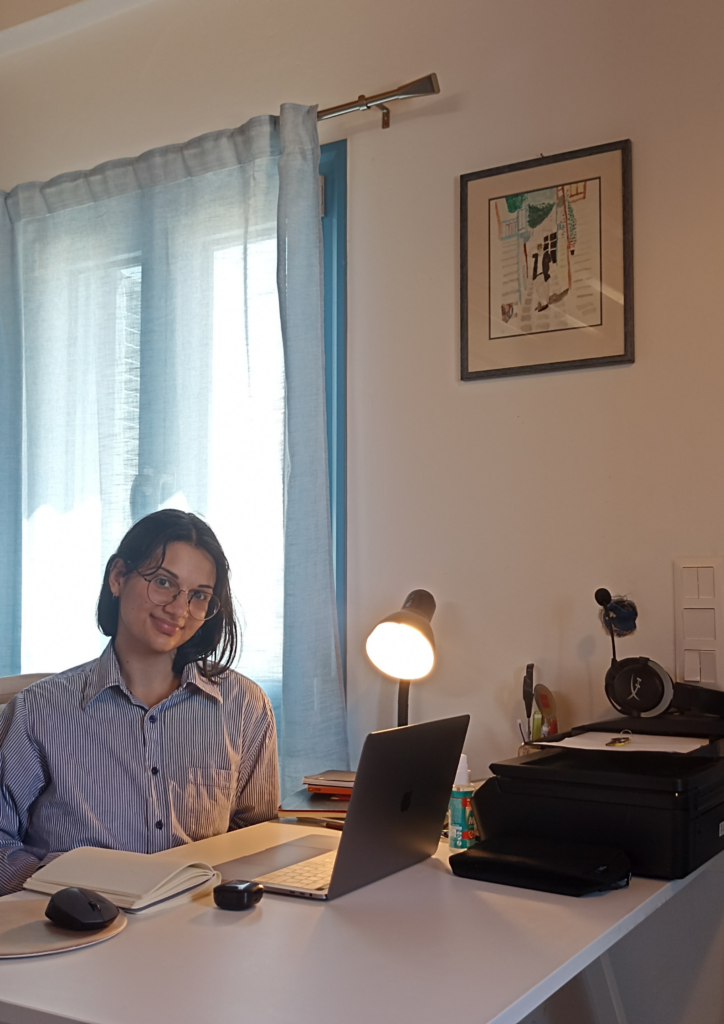
Dialogue4Tourism, at its core, is a governance project, meaning it focuses on how decisions are made and who is involved, in order to allow sustainable tourism to bloom in a coordinated and inclusive way across borders. From EU entities to local authorities, the project aims to establish a permanent institutional conversation that will aid the circular development of tourism and reshape the way the sector works in our world, actively contributing to our society. By encouraging meaningful exchange across governance levels, between people with different perspectives, the project is creating relationships that can support long-term transformation. Dialogue4Tourism puts dialogue at the heart of its mission because sustainable tourism cannot happen in isolation, but with collaboration.
As part of the Interreg Volunteer Youth (IVY) initiative, I have had the opportunity to assist this project by supporting the D4T Digital Awareness days, brainstorming social media ideas, as well as supporting the preparation of the Sustainable Tourism Policy Lab (STPL), drafting press releases and sharing ideas on the recent white paper. Additionally, participating in the project’s events and workshops has allowed me to observe how EU cooperation projects function, including the complexity of coordination between institutions, stakeholders, and project partners from multiple countries. It became increasingly clear how projects, such as Dialogue4Tourism, promote cross-border collaboration, how they empower regional voices, and how they turn sustainability goals into structured missions. Experiences such as these make us even more appreciative of the enormous amount of planning and effort that goes into European Territorial Cooperation, especially when working on fields as dynamic and sensitive as tourism and sustainability.
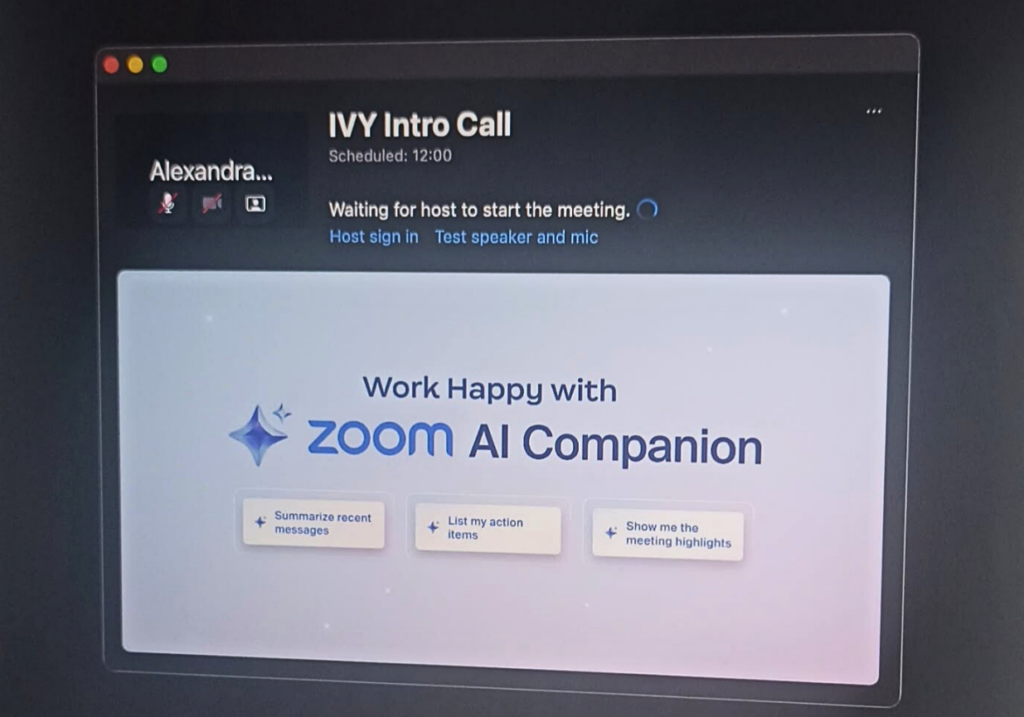
As a Tourism Administration student passionate about sustainability, youth engagement, and European cooperation, this project felt like a direct connection between what I studied and what I wanted to contribute to. Dialogue4Tourism stood out to me not just because of its ambition, but because of the values it brings forward. It has been very refreshing to learn that there are projects that support local communities in the Mediterranean, promote smarter governance, and create policy spaces, all to invite youth, civil society, and institutions to co-create and support the future of tourism.
When I entered the IVY programme, I was filled with excitement and enthusiasm. Now, not even two months later, this excitement has turned into inspiration and motivation, determined that no matter what it takes, we have to create something meaningful across all borders, producing real change and better futures, that we have to create a dialogue.
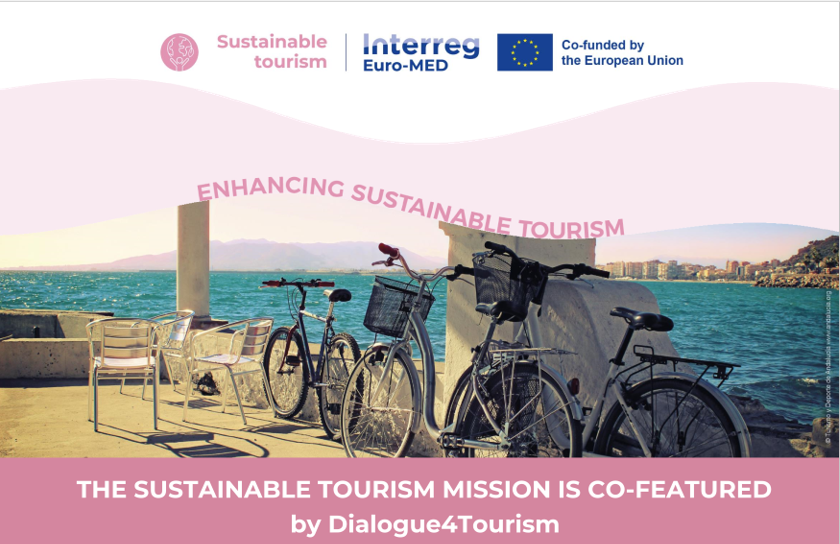
– Alexandra, IVY Project Partner at European Public Law Organisation (EPLO), for the Interreg project Dialogue4Tourism, under the programme Interreg Euro-MED.

